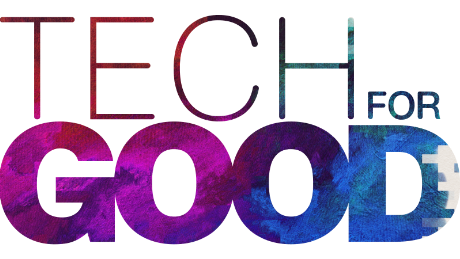Here’s a look at the innovators who joined us in London, and the technologies they’ve got in the pipeline.
‘A toolkit to help safeguard our reefs’
PhD candidate Taylor Whitman traveled from Australia to London to talk about the coral seeding devices she designed to deliver new baby corals to the Great Barrier Reef to help restore it.
Whitman said she hopes to take her coral-restoration technology global, putting it in the hands of communities to use alongside other solutions to save coral reefs. “It’s building a toolkit to help safeguard our reefs,” she said.
She hopes the project will allow future generations to experience the ocean ecosystems she loves so much. “We’re at this pivotal moment,” she said. “We have to do something now before it’s too late.”
Gearing up for launch
There, he and his classmates from ETH Zurich tested a custom-developed space rocket recovery system by dropping it from a helicopter. The AI-powered system steers a parachute back to a predetermined landing site, so they can pick up the rocket and use it again.
On the London stage, Schatzmann told Stewart that his team are gearing up for a “proper launch” soon, in which they’ll launch a rocket, instead of lifting it with a helicopter before guiding it down.
Reusable rockets are becoming the norm, but not everyone has the technology to recover them easily and sustainably. He hopes that one day systems like his become the standard – making the space industry more sustainable.
“I also hope that we can keep enabling students and inspiring them to chase these far-out ideas and keep at it until they’ve actually become a reality,” he added.
‘Young people think differently’
One of our most read Tech for Good stories this year covered SharkEye, an initiative which uses drones and artificial intelligence to detect the great white sharks that like to hang out by a local surf beach near Santa Barbara, California.
Today, the team is focusing on detecting great white sharks in California. Nathan hopes to advance their technology to be able to use it for new species, like tiger sharks, in other locations. “There’s a lot of need to put a tool like this in the hands of other communities,” he said.
And as the show wrapped up, Nathan shared an insight that perfectly captured the spirit of Tech for Good.
“Young people think differently to how people have thought before,” he said. “For some of these huge problems – climate change, plastic pollution, wildlife crises, space exploration – we need new minds thinking of new solutions.”

